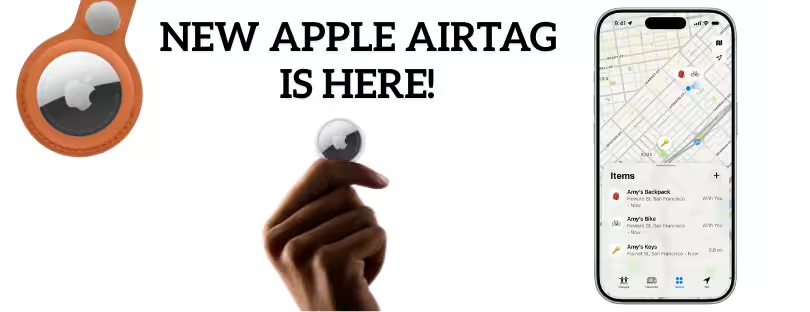
Why Are So Many Organizations Banning ChatGPT?
ChatGPT is a large language model chatbot developed by OpenAI that can be used in a variety of business applications, such as customer service, marketing, and product development. ChatGPT can be used to automate tasks, generate creative content, and provide customer support. It can also be used to analyze data and provide insights into customer behavior. This makes it a powerful tool for businesses that are looking to improve their efficiency, productivity, and customer satisfaction. ChatGPT bans
New BlackBerry research reveals that 75% of organizations worldwide are currently considering or implementing bans on ChatGPT and other generative AI applications in the workplace. The data is based on a BlackBerry survey of 2,000 IT decision-makers across the US, Canada, the UK, France, Germany, the Netherlands, Japan, and Australia.
The majority of those deploying or considering bans (61%) say the measures are intended to be long-term or permanent.
Top Reasons Organizations Are Banning ChatGPT
Potential risk to data security and privacy is the biggest reason (67%) of survey respondents cited for moving to block ChatGPT and similar generative AI tools. The next greatest concern (57%) is a risk to corporate reputation.
BlackBerry previously already explored additional concerns in their in-depth report, ChatGPT and Cybersecurity.
Who Is Driving ChatGPT & Generative AI Bans?
Technical leadership within organizations is at the forefront of pushing through these bans, according to survey results, with CEOs also playing a leading role in almost half of the organizations:
- CIO/CTO/CSO/IT (72%)
- CEO (48%)
- Legal Compliance (40%)
- CFO/Finance (36%)
- HR (32%)
Also worth noting is that the overwhelming majority – over 80% – additionally voiced concerns that unsecured apps pose a cybersecurity threat to their corporate IT environment.
IT Decision-Makers Also See Gen AI’s Potential
Despite their inclination toward blocking the widespread use of the burgeoning technology, most IT decision-makers in the BlackBerry survey also recognize the opportunity for generative AI applications to have a positive impact in the workplace. Possible advantages they foresee include increasing efficiency (55%), innovation (52%), and enhancing creativity (51%).
The respondents also heavily favor the use of AI tools for cybersecurity defense (81%).

BlackBerry: A Cautious Approach to Generative AI ChatGPT bans
BlackBerry, the AI cybersecurity pioneer, is advising caution with consumer-grade generative AI tools in the workplace. Instead, the company is focusing on enterprise-grade generative AI for its current innovation cycle.
BlackBerry CTO Shishir Singh says that banning generative AI applications in the workplace can mean a wealth of potential business benefits are quashed. “At BlackBerry, we pioneered AI cybersecurity, and we are innovating with enterprise-grade generative AI while keeping a steady focus on value over hype,” he says. “We are also exercising caution with unsecured consumer-grade generative AI tools. As platforms mature and regulations take effect, flexibility could be introduced into organizational policies.”
BlackBerry’s research also revealed that although 80% of IT decision-makers believe their organizations are within their rights to control the applications that employees use for business purposes, 74% think that outright bans signal “excessive control” over corporate and BYO devices.
For this reason, a majority of CIOs and CISOs surveyed (62%) are turning to unified endpoint management (UEM) platforms, like BlackBerry® UEM, that provide granular controls over which applications can connect to the corporate environment. In this way, they can avoid measures that users may perceive as draconian, such as removing or blocking the use of personal apps on a user’s device, while still ensuring that enterprise security is maintained, by “containerizing” corporate data and keeping it separate and insulated from a device owner’s private data or applications.
“The key will be in having the right tools in place,” asserts BlackBerry’s Singh, “for visibility, monitoring, and management of applications used in the workplace.”
In short, BlackBerry is taking a cautious but proactive approach to generative AI in the workplace. The company is not banning generative AI applications outright, but it is exercising caution with unsecured consumer-grade tools. Instead, BlackBerry is focusing on enterprise-grade generative AI that has been developed with security in mind. BlackBerry is also recommending the use of UEM platforms to provide granular controls over which applications can connect to the corporate environment. This approach allows organizations to reap the benefits of generative AI while still maintaining enterprise security.









